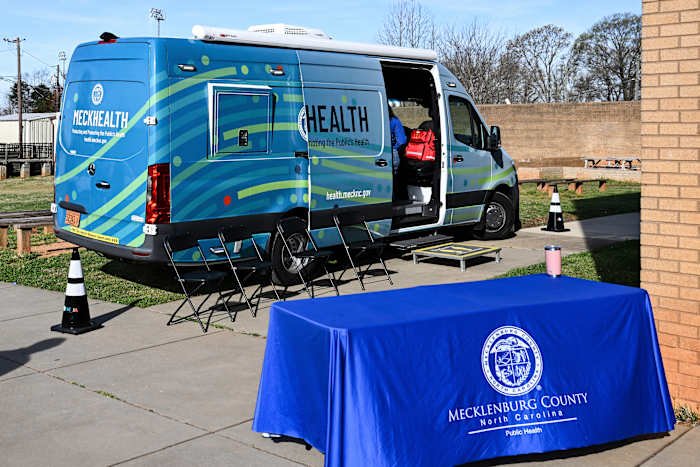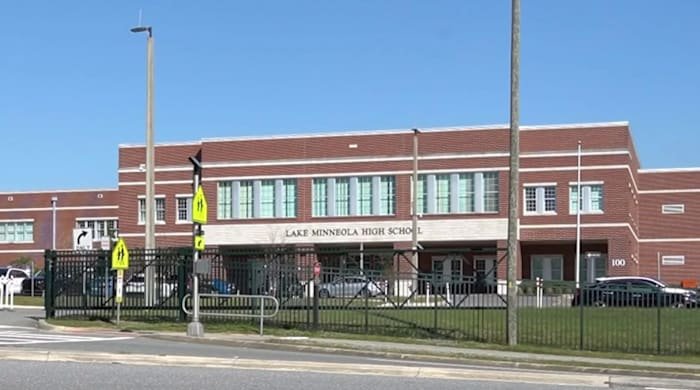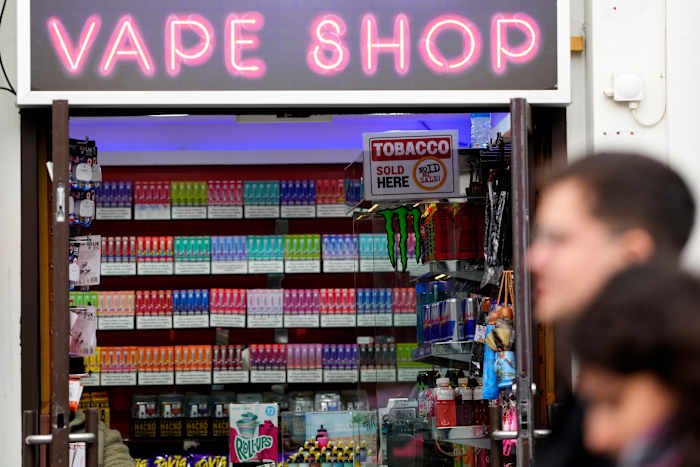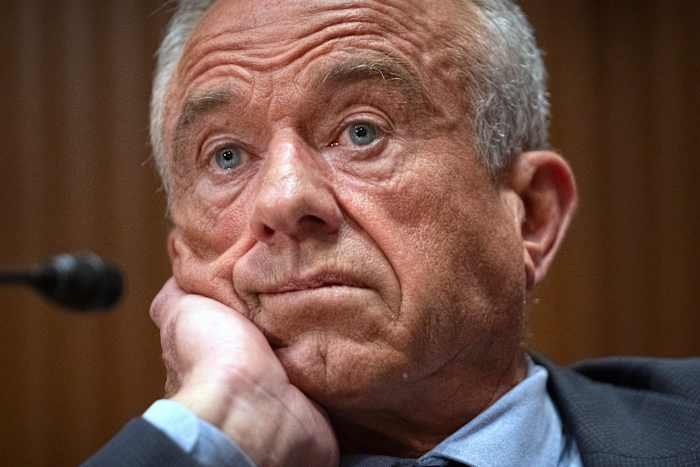Introduction
Recent reporting from The Associated Press has shed light on a troubling trend: federal public health funding is being slashed, resulting in significant consequences for communities across the United States. As a local news site serving Orlando, it's important to examine how these national developments are affecting our city and the broader Central Florida region. Public health programs and personnel are at the forefront of disease prevention, emergency preparedness, and community wellness. With budgets tightening, Orlando residents may soon feel the impact in unexpected and concerning ways.
The Shrinking Public Health Workforce
One of the most immediate and visible effects of federal public health cuts is the reduction in the workforce dedicated to keeping communities healthy. Across the country, health departments are losing epidemiologists, nurses, community outreach workers, and other essential staff. According to AP's report, this trend threatens the capacity to monitor infectious diseases, respond to health emergencies, and provide essential services.
Here in Orlando, the Orange County Health Department has long relied on federal funds to support vital roles. With less money flowing in, open positions remain unfilled and some programs face staff reductions. This means fewer health inspectors in restaurants and public facilities, less support for vaccination drives, and a slower response to outbreaks. For a city like Orlando, with its booming tourism industry and diverse population, a robust public health team is critical not just for residents but for millions of visitors each year.
Programs on the Chopping Block
The loss of federal support doesn't just affect personnel—it also puts a host of important public health programs at risk. Across the US, initiatives that address chronic diseases, maternal and child health, mental health, and environmental safety are being cut or scaled back. AP's findings highlight that Americans are losing access to services that help manage diabetes, monitor lead exposure, and support opioid addiction recovery, to name just a few.
Locally, Orlando has benefited from federally funded programs targeting childhood immunizations, mosquito control (especially crucial during the summer), and health education campaigns in underserved communities. Cuts to these programs could mean higher rates of vaccine-preventable illnesses, increased risk from vector-borne diseases like Zika or West Nile virus, and fewer resources for those struggling with addiction or mental health issues. The ripple effects will likely be felt most strongly among vulnerable populations who rely on public health safety nets.
Emergency Preparedness at Risk
The COVID-19 pandemic showed how essential strong public health infrastructure is. Federal funding helped Orlando and other cities ramp up testing, contact tracing, and vaccine distribution. However, as those funds dry up, local agencies are struggling to maintain readiness for the next public health crisis—whether it's another pandemic, a hurricane, or a bioterrorism threat.
AP's report underscores that many communities have already scaled back emergency preparedness plans. In Orlando, this could mean fewer resources for disaster planning, slower responses to health emergencies, and less coordination with hospitals and first responders. With hurricane season in full swing and new infectious diseases always a possibility, these cuts leave us more vulnerable and less able to protect our community's health.
Health Disparities May Worsen
One of the most concerning aspects of these cuts is their potential to deepen existing health disparities. Public health programs often play a key role in reaching marginalized and at-risk groups, such as low-income families, communities of color, the elderly, and those with chronic health conditions. AP's investigation found that as programs and personnel disappear, these populations are likely to lose access to care and support.
In Orlando, where many neighborhoods face barriers to healthcare access, the loss of public health resources could have a profound impact. Community clinics, mobile health units, and health education initiatives depend heavily on federal grants. Without these supports, the gap between the most and least healthy residents could widen, impacting not just individual well-being but the overall health and resilience of our city.
What Can Orlando Do?
While federal funding decisions are made in Washington, D.C., their consequences are felt here at home. Local leaders, health professionals, and community members can advocate for sustained investment in public health. This includes contacting elected officials, supporting local health initiatives, and staying informed about the importance of public health infrastructure for our safety and prosperity.
Orlando has a proud tradition of coming together to face challenges—from hurricanes to health crises. By raising awareness of these cuts and their potential effects, we can work toward solutions that protect everyone in our community.
Conclusion
The AP's report makes it clear: federal public health cuts are not just a budgetary issue, but a community health crisis in the making. In Orlando, as across the nation, the loss of people and programs dedicated to keeping us healthy puts us all at risk. It is more important than ever to recognize the value of public health and to advocate for the resources needed to keep our city safe and thriving.
How do you think these cuts could impact Orlando? Have you seen changes in local health programs or services? Share your thoughts and experiences in the comments below—we want to hear from you!
















